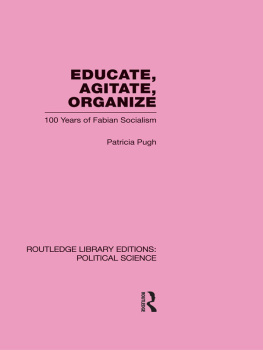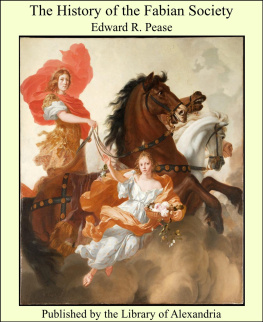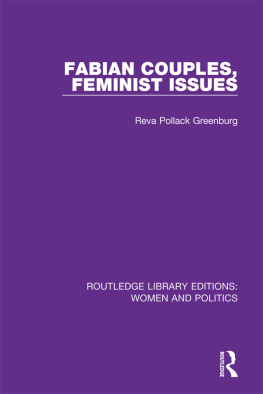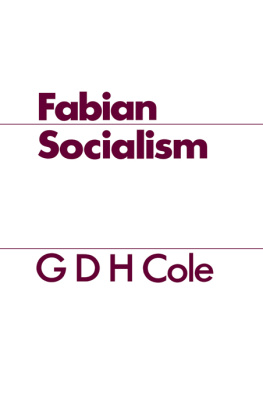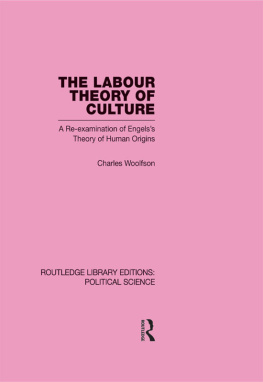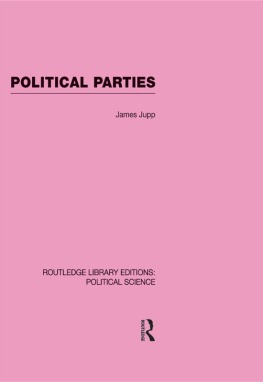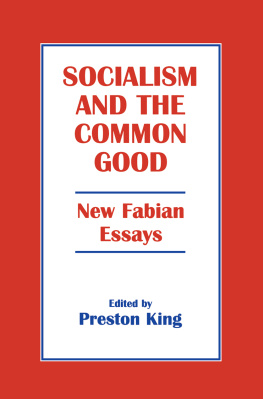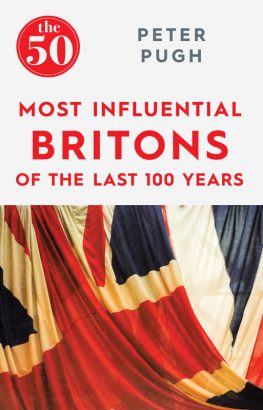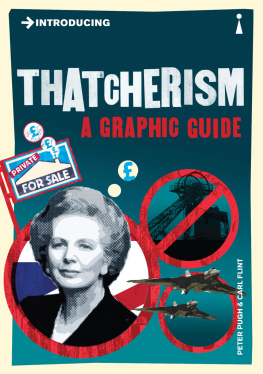First published 1984
This edition first published in 2010
by Routledge
2 Park Square, Milton Park, Abingdon, Oxon, OX14 4RN
Simultaneously published in the USA and Canada
by Routledge
270 Madison Avenue, New York, NY 10016
Routledge is an imprint of the Taylor & Francis Group, an informa business
1984 Patricia Pugh
All rights reserved. No part of this book may be reprinted or reproduced or utilised in any form or by any electronic, mechanical, or other means, now known or hereafter invented, including photocopying and recording, or in any information storage or retrieval system, without permission in writing from the publishers.
British Library Cataloguing in Publication Data
A catalogue record for this book is available from the British Library
ISBN 10: 0-415-49111-8 (Set)
ISBN 13: 978-0-415-49111-2 (Set)
ISBN 10: 0-415-55601-5 (Volume 59)
ISBN 13: 978-0-415-55601-9 (Volume 59)
Publishers Note
The publisher has gone to great lengths to ensure the quality of this reprint but points out that some imperfections in the original copies may be apparent.
Disclaimer
The publisher has made every effort to trace copyright holders and would welcome correspondence from those they have been unable to trace.
EDUCATE, AGITATE, ORGANIZE
100 YEARS OF FABIAN SOCIALISM
Patricia Pugh
METHUEN
London & New York
First published in 1984 by
Methuen & Co. Ltd
11 New Fetter Lane, London EC4P 4EE
Published in the USA by
Methuen & Co.
in association with Methuen, Inc.
733 Thirds Avenue, New York, NY 10017
1984 Patricia Pugh
All rights reserved. No part of this book may be reprinted or reproduced or utilized in any form or by any electronic, mechanical or other means, now known or hereafter invented, including photocopying and recording, or in any information storage or retrieval system, without permission in writing from the publishers.
British Library Cataloguing in Publication Data
Library of Congress Cataloging in Publication Data
Acknowledgements
While writing is a lonely occupation, research can sometimes be quite the reverse. Working on this history has brought me so much friendship, goodwill, encouragement and help that it gives me the greatest pleasure to be able, here, to say thank you.
My thanks are due in the first place to the Fabian Society itself for inviting me, a non-Fabian, to undertake such a fascinating study, leaving me completely free to tackle the subject in my own way. No constraint was placed upon what I wished to say or on the way in which I said it, nor was there any restriction on papers I wished to consult. Such trust and generosity is, indeed, greatly appreciated.
Next I wish to thank the Warden and Fellows of Nuffield College for, most unexpectedly, electing me an Associate Member of the college and allocating a carrel where I could work on manuscripts undisturbed. This gift of time and space immeasurably eased the long labour of consulting primary sources. The Fellows interest and perceptive questions frequently cast a new light on facts and evidence and stimulated the growth of understanding. In particular, I would like to thank Dr A.F. Madden, who, long ago, placed my feet on the road that eventually led to the Fabian Societys papers, and to the Warden, Michael Brock, for most valuable advice over the last three years. To the college librarian, Christine Kennedy, and her staff I am unusually indebted, for they welcomed me back into the working body of which I was briefly a member in a manner that heartened me when the going was hard; they lightened the task more than they can possibly realize.
Without the varied labours of fellow-archivists who have shared the duty of conserving and reconstituting the true structure of Fabian archives in Rhodes House and Nuffield College and producing guides to their contents, this history could never have been produced. Very many students of Commonwealth history have reason, like me, to bless the ladies of the Hawksley Room, Patience Empson, Jean Cockayne and June Williams, for their admirable handlists of the Colonial Bureau papers. Students of political, economic and social development in Britain throughout the last century frequently give thanks, as I do, to Sally Mackesy and Eleanor Vallis, who toiled long but with unfailing cheerfulness and enthusiasm to complete the guide to the main series of the Fabian records. For help with other major sources of British Labour history I am grateful to Dr Angela Raspin of the British Library of Political and Economic Science, Richard Storey of the Centre for Modern Records at the University of Warwick, Marion Stewart of the Archives Centre, Churchill College, Cambridge, and the former and present librarians of the Labour Party.
It is never a simple matter for those at the centre of this countrys particularly Members of Parliament, political life, to find time to answer the questions of a researcher, yet never has anyone refused either to grant me an interview or to reply to a series of written questions. Were I to name everyone who has patiently considered and answered my often naive queries this passage would rival succeeding chapters in length. I would, however, specially like to record my indebtedness to the late Dame Margaret Cole and John Parker, MP, who, on visits to Nuffield College, recounted many hilarious anecdotes about the Society. All the Fabian General Secretaries have been most generous in helping me toward an understanding of the underlying significance of what is recorded in the Societys minutes. As well as John Parker, Lord Northfield of Telford (Donald Chapman), Andrew Filson, the Rt Hon. William Rodgers, MP, the Rt Hon. Shirley Williams, MP, Lord Ponsonby of Shulbrede (Tom Ponsonby), Dianne Hayter and Ian Martin have all endowed their particular sections of the Societys story with a vitiality that can rarely be derived from records alone. The late Dr Rita Hinden and Marjorie Nicholson both gave me a far more secure understanding of the Colonial Bureau than I could possibly have achieved otherwise. Elizabeth Durbin of New York, when a visiting fellow at Nuffield College, shared my enthusiasm for the New Fabian Research Bureau and allowed me to read in manuscript her study of its work. Carole Smith, a visiting student from Harvard, combed Fabian News for details of local societies, to which observations by Dorothy Fox and Sandra Melville, successive secretaries of the Local Societies Committee, gave perspective. I would have like to have met and consulted many more Fabians than I did, but time did not permit.
From overseas, I have received similarly bountiful assistance. In America, Canada, Australia, New Zealand and Japan politicians and academics have drawn on their memories and records to describe to me the impact of Fabianism in their parts of the world. George Cadbury of Ottawa put me in touch with a number of people who confirmed that in North America the influence of the Fabian Society was indirect. From Australia I received a constant flow of information from Race Matthews, who also invoked the help of Clyde Cameron and John Menadue. H.O. Roth of Auckland sent a draft paper on the history of the New Zealand Fabian Societies. Professor Naomi Maruo and Masata Oka, both of Yokohama, Japan, described in detail the foundation and work of the Fabian Institute of Tokyo.

